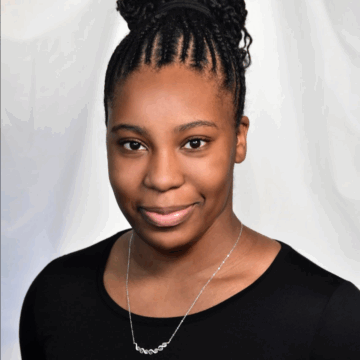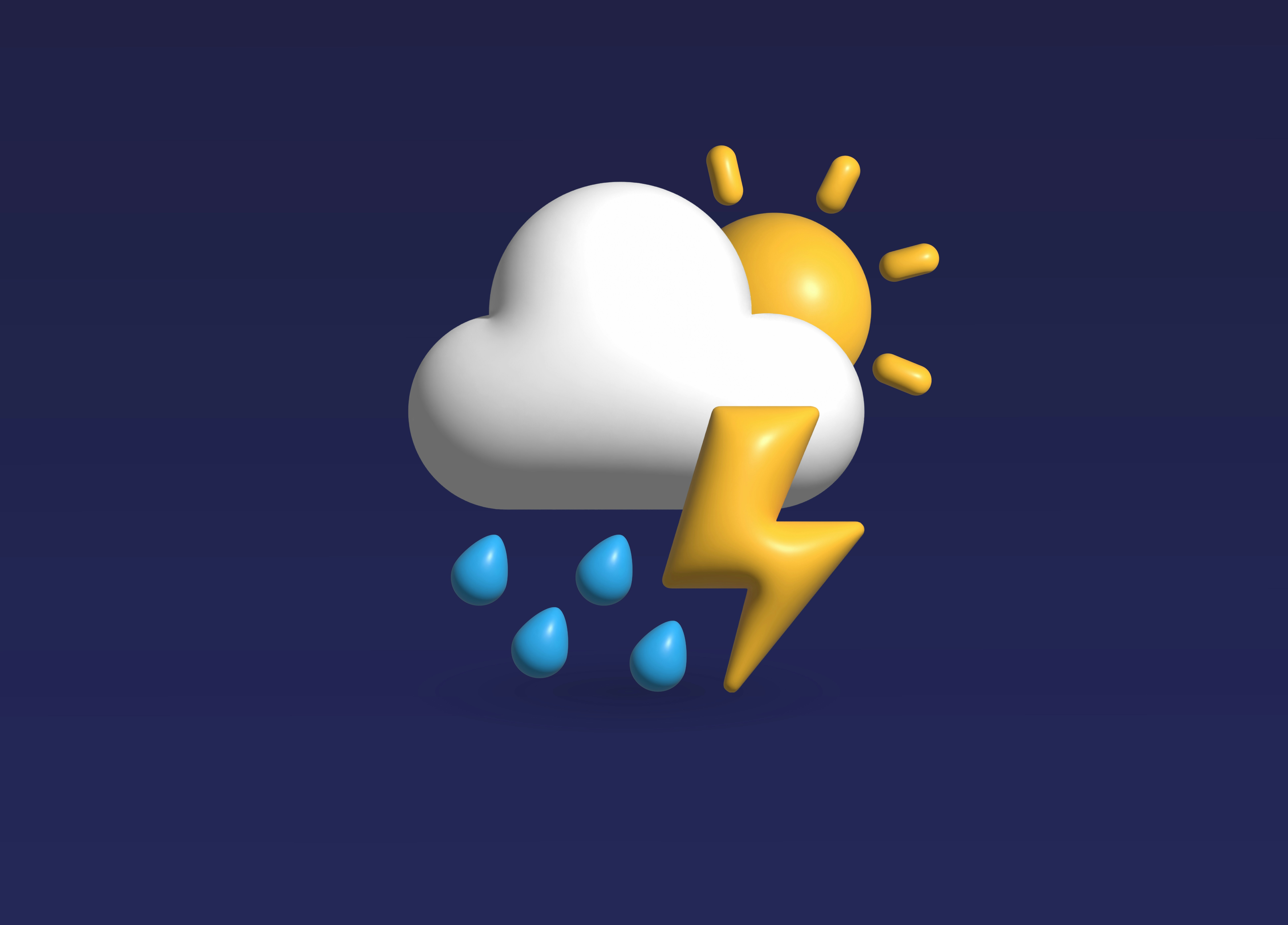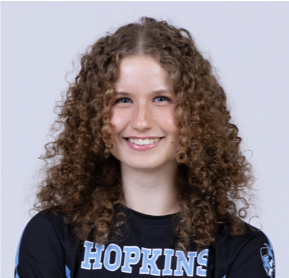
By maddie w., ’27
My eyes scan the Latin, searching for a word in the nominative to ground the beginning of my translation. Each line of Latin is like a pile of jumbled puzzle pieces. It’s my job to sort each part of speech into the right order until the knobs and holes of the sentence click together. The completion of a translation is always fulfilling.
Studying Latin and Ancient Greek allowed me to read the epic stories I loved in their original languages, and find nuances through their allusions and word pictures, adding a depth unknown to the English texts. Eventually, I began to seek out lesser-known writings by female and nonbinary writers who differed from the men often taught in the Latin classroom. In her poem, Renaissance writer, Olympia Morata, defines herself apart from the historical expectations placed upon women, and instead by her own unique interests. Despite the passage of time between us, I connect with her words as another young woman acquiring self knowledge and transitioning into womanhood. Her writing left me wondering how many other writings of marginalized authors were waiting to be appreciated. The role of gender and whose story gets to be heard in the Classics intrigued me, and led me to examine how gender was complicated during the Roman Civil War in Tacitus’ Histories.
In college, I hope to explore more writings by women throughout history to better understand gender dynamics, and ultimately help raise their profile. The stories of many female authors remain unheard in Latin classrooms where their male counterparts, such as Caesar and Vergil, dominate. By broadening my range of readings, I intend to continue helping to bridge the gender gap within the Classics.
The opportunity to research at Johns Hopkins’ Classical Research Lab would allow me to continue exploring my questions surrounding gender in the Classics while discovering the writings of forgotten authors at my own pace. Unique courses at Hopkins which observe the connection between Greek Myth and Anime, and the ancient interpretations of the cosmos, all interest me and will open my eyes to new avenues within the Classics. Additionally, Archaeology and Ancient Civilizations Club and Quiz Bowl Club seem like fun ways to test my knowledge while meeting new people with similar interests. As shown, the Classics community at Johns Hopkins provides many amazing opportunities which I intend to utilize fully.
Admissions Committee Comments
Maddie’s essay details their intellectual journey using their love of Greek classics. They incorporate details that reveal the roots of their academic interests: storytelling, literary devices, and translation. As their essay progresses, so do Maddie’s intellectual curiosities. We learn about their interest in gender studies and how they actively pursued connections between this and their love of classics by seeking texts by female and nonbinary authors. Maddie’s connection to research opportunities in the classics at Hopkins helps us understand how they visualize their academic journey here. It also helps us envision the contributions they will make in how academic communities may understand gender dynamics in the classics. This essay highlights the intersectionality of Maddie’s interests and the unique academic perspective they will bring to our community.
Maddie W.“The classics played a defining role in my high school experience, and I wanted to emphasize my passion for it with this essay. The activities list reflects the bare bones of what I did, but I needed the essay to explain the why behind them. I wanted the committee to see what motivates me by breaking down my thought process while engaging with old texts and explaining the path that my curiosity in the Ancient World has led me down and, ultimately, how Hopkins could play a part in that journey.”





